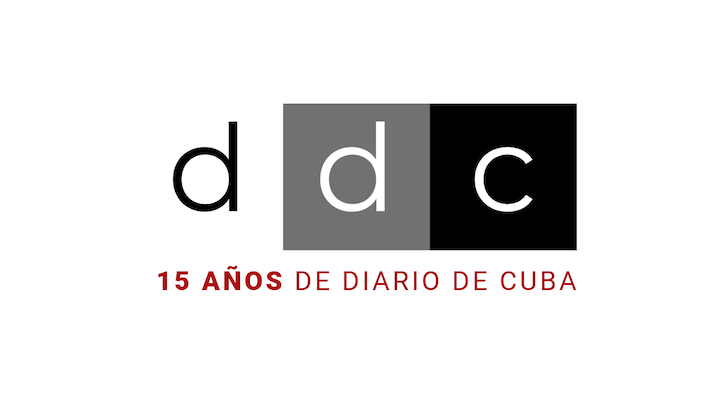Exactly 15 years ago, the first news and articles from this newspaper appeared on the screens of some readers. Over the course of this decade and a half, changes have taken place in Cuba, but not those necessary for the country’s democratization.
Fidel Castro died —which for many seemed not only unimaginable, but impossible— and something else happened that had seemed impossible: the people took to the streets to protest their living conditions. The regime in Havana opened an embassy in Washington, Washington opened an embassy in Havana, and the rapprochement between the two countries, arranged by President Obama, was ultimately sabotaged by the Cuban regime.
With Miguel Díaz-Canel chosen by Raúl Castro, the first revolutionary leader who did not participate in the armed struggle rose to the presidency of the country and the secretariat of its sole party. Almost the country's entire productive economy passed into the hands of the military conglomerate GAESA, which has set about building hotels while ignoring the downturn in tourism and ruling out investments much needed for the Cuban population.
The country became even more indebted and, in a vicious circle, persisted in its tradition of shirking its financial obligations. The authorities implemented the most ill-advised monetary policies possible, so inflation runs rampant in Cuba. Medical professionals and technicians have been, and continue to be, exploited by means of contracts lucrative for the regime but exploitive for them.
In response to the popular protests, the regime ratcheted up its repression against dissidents, activists and independent journalists, as the Justice system was turned into an ever stronger mechanism of repression, and the number of political prisoners grew. Censorship of thought and the arts intensified, and those young artists who protested ended up in prison or having to go into exile.
The largest migratory wave in the history of the country began, and the emigration of the youngest Cubans, along with low birth rates, has contributed to an acute ageing of the population. Every day it is more and more difficult to have children in Cuba. Elderly Cubans are more vulnerable than ever. The regime used to have a "monopoly" on violence, but now cities and towns are no longer safe. Public insecurity is on the rise, gangs of young people are forming, and VAW is claiming more and more victims.
Each new state measure manages to render agriculture and livestock even more unproductive. Cuba, once the world's largest exporter of sugar, has been fallen apart, with the country now importing sugar for several years. The only plant that thrives in Cuba is marabou, and farmers determined to make the land produce are hampered by new restrictions. Meanwhile, no less onerous burdens weigh on entrepreneurs, who been have been allowed, reluctantly, to start MSMEs.
Health and education, which for decades were the regime's showpieces, have collapsed, their decline evident in the insalubrious state of hospital facilities and students' poor results. Sports, another point of pride for socialism, are suffering a similar fate. Not even baseball is spared. Just as Cuba ceased to be a sugar powerhouse, it has now ceased to be a baseball power too.
In the last 15 years the regime has been dismantling the welfare system with which it had mitigated social inequalities, to the point that it no longer addresses the fate of the most disadvantaged. Today we can talk about the end of the grocery store book and rationing card. With blackout after blackout, the island has been sunk in darkness, and the national electrical system can no longer hold up. The last hurricanes to hit the island have highlighted the ineffectiveness of its on-effective civil defense system.
Old, dilapidated buildings continue, inexorably, to collapse, and the construction of new homes is an unresolved problem in every government plan. Vagrants, homeless people, and children who work, or beg, are becoming more common on Cuban streets. Meanwhile, the heirs of the regime's elite boast on social media about what their parents have stolen, and continue to steal.
The Cuban regime cultivates alliances with nations like Russia, China, Iran and North Korea, and continues to meddle in Venezuela's politics. It no longer operates based on any ideology, but rather on the exercise of brute force, and continues to mutate towards a dictatorship shamelessly open to benefitting a fortunate a few.
Over the course of this last decade and a half, DIARIO DE CUBA has been there, studying and covering the scenarios briefly summarized above. In celebration of its birthday, last October the "For the Cuba of Tomorrow" DDC Forum was held in Madrid. Through it, and its day-to-day work, DDC demonstrates its commitment to the Cuba of the future.
On this anniversary, all that remains is to thank all our contributors and readers, and to renew this publication's commitment to Cuba and to Cuban democracy.
